
Southeast Asian MPs welcome the Repatriation of Mary Jane Veloso: A Call for Justice, Accountability and Human Rights in Southeast Asia
December 08, 2024
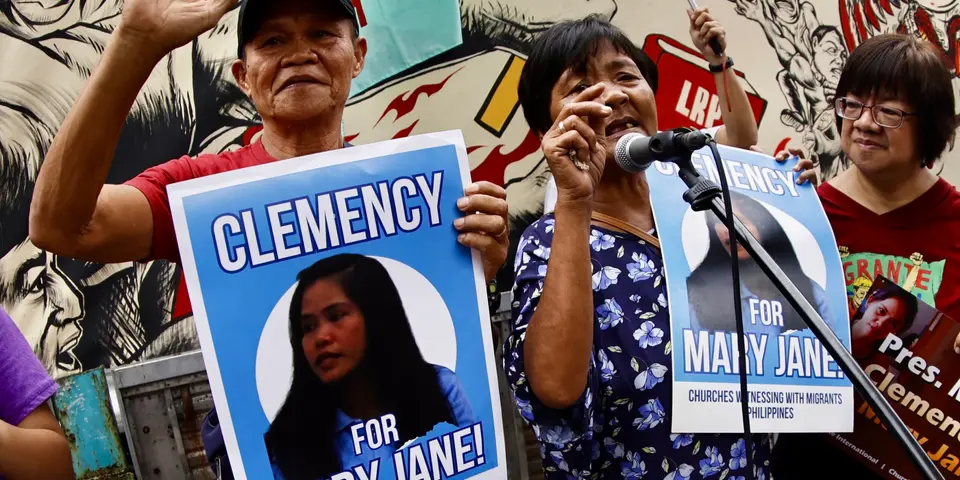
8 December 2024 – The ASEAN Parliamentarians for Human Rights (APHR) commends the governments of Indonesia and the Philippines for their decision to transfer Mary Jane Veloso, a Filipina who has been on death row in Indonesia for over 14 years, back to her home country. This development highlights the importance of regional collaboration in upholding justice, human rights, and compassion.
“This outcome is a testament to the enduring power of collective action, solidarity and the relentless efforts of advocates across Southeast Asia,” said Mercy Chriesty Barends, APHR Co-Chairperson and a member of Indonesia’s House of Representatives.
She added, “Mary Jane’s case is a poignant reminder of the vulnerabilities migrant workers face and the systemic failures that expose them to exploitation and injustice”.
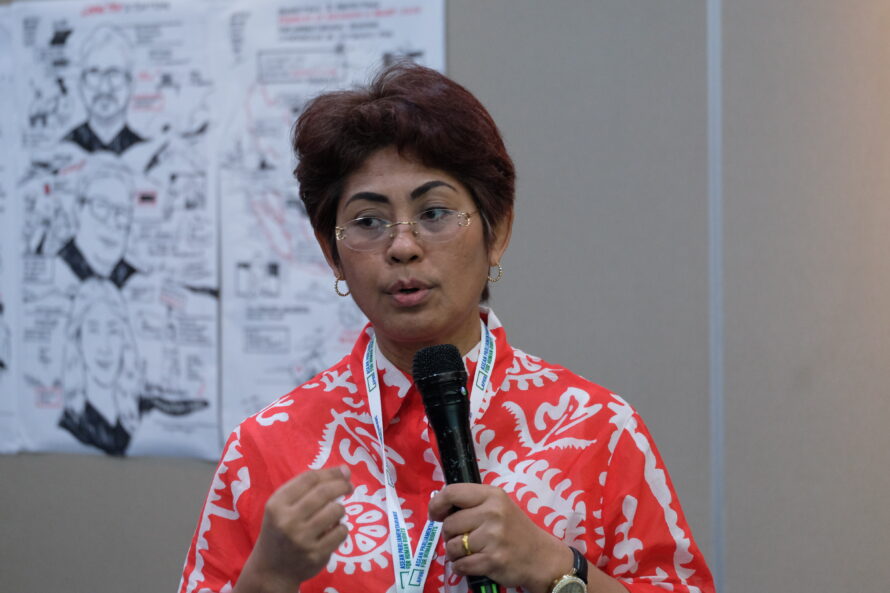
Mercy Barends, APHR Chairperson and Indonesian MP. ©APHR2024
Mary Jane Veloso was arrested in 2010 in Indonesia for carrying 2.6 kilograms of heroin, a crime she has consistently claimed she was unaware of, asserting that she was a victim of human trafficking. Her scheduled execution in 2015 was halted at the last minute following the arrest of her alleged recruiter.
The recent agreement between the Indonesian and Philippine governments to transfer Veloso is a significant breakthrough in a case that has come to symbolize both the dangers faced by migrant workers and the potential for justice through international cooperation.
While the transfer marks a critical step forward, APHR urges ASEAN governments to treat this as more than just a symbolic gesture. Clemency for Mary Jane Veloso is a moral imperative.
“APHR calls on the Philippine government to grant clemency to Veloso upon her return, recognizing her as a victim of human trafficking rather than a criminal,” said Arlene D. Brosas, APHR Board Member and member of the Philippines House of Representatives.
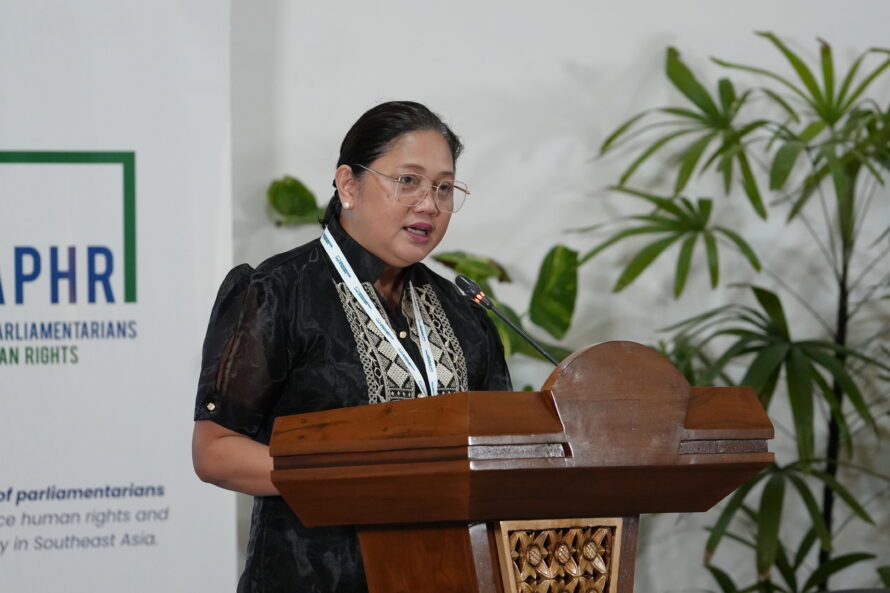
Arlene D. Brosas, APHR Board Member and the Philippines MP. ©APHR2024
This case also underscores the urgent need for stronger regional frameworks that protect migrant workers from exploitation, trafficking and wrongful prosecution.
“This decision should not merely be seen as an act of goodwill but as a call to action to address the systemic injustices that placed Mary Jane in this situation, to begin with,” said Rangsiman Rome, APHR Board Member and a member of Thailand’s Parliament.
He further emphasized, “migrant workers like Mary Jane are too often victims of exploitation, trafficking, and flawed judicial systems. This case exemplifies the urgent need for comprehensive reform across the region”.
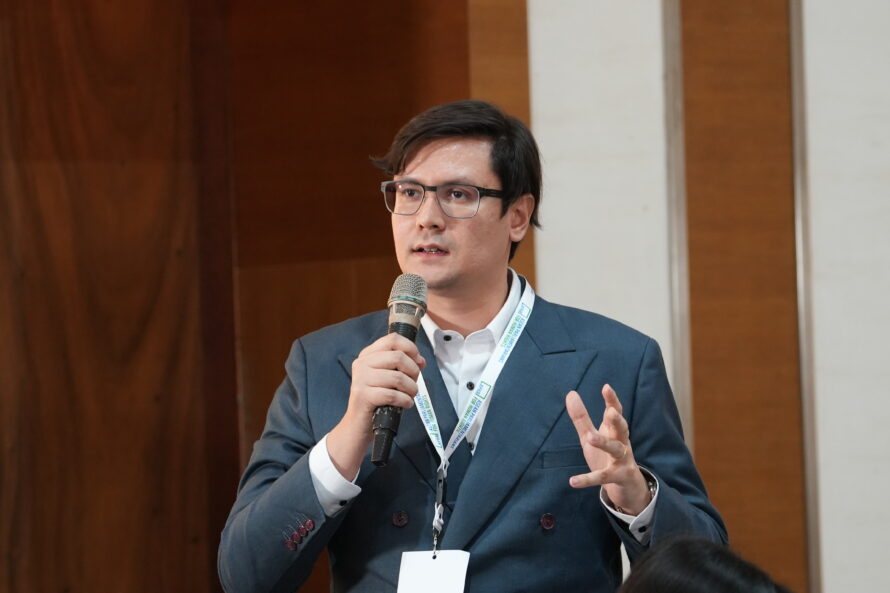
Rangsiman Rome, APHR Board Member and Thai MP. ©APHR2024
APHR remains steadfast in its commitment to advocating for justice, human rights, and the protection of vulnerable communities across Southeast Asia. “Mary Jane’s case serves as a stark reminder of the systemic issues we must confront—human trafficking, exploitation, and the urgent need for just and humane legal systems,” said Wong Chen, APHR Board Member and member of the Malaysian Parliament.
Additionally, APHR reiterates its call for the abolition of the death penalty across Southeast Asia, emphasizing the irreversible consequences of flawed justice systems.
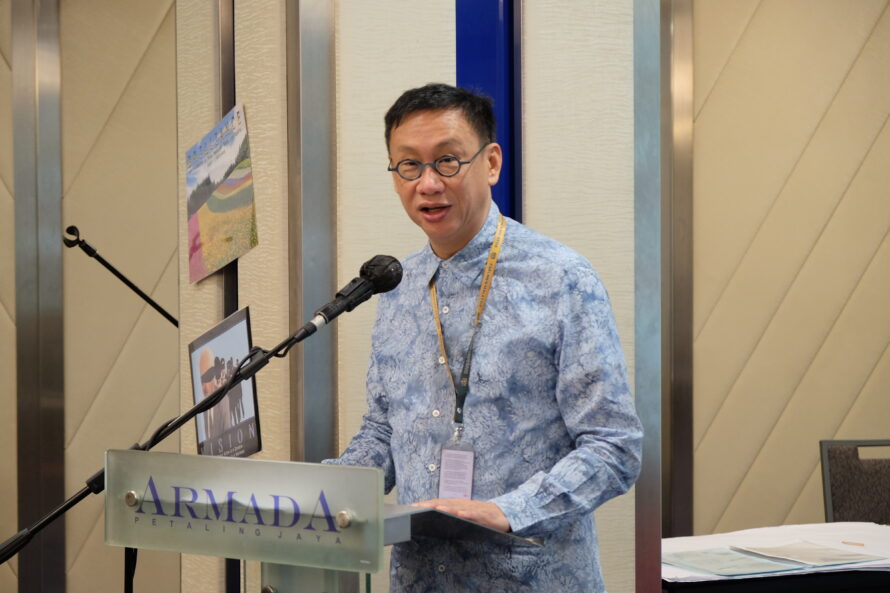
Wong Chen, APHR Board Member and Malaysian MP. ©APHR2024
Charles Santiago, APHR Co-Chairperson and former Malaysian Member of Parliament stated, “no justice system is immune to error, and the death penalty disproportionately affects the marginalized and vulnerable. Its abolition is not just a legal necessity but a moral obligation”.
The repatriation of Mary Jane Veloso is a moment of progress, but it must be a catalyst for deeper structural reforms. APHR calls on ASEAN governments to prioritize the protection of vulnerable communities, strengthen safeguards for migrant workers, and abolish punitive measures that perpetuate inequality, such as the death penalty.
APHR stands resolute in its mission to advance justice, human rights, and equality across Southeast Asia, ensuring that cases like Mary Jane Veloso’s become a rallying cry for systemic change rather than a recurring tragedy.
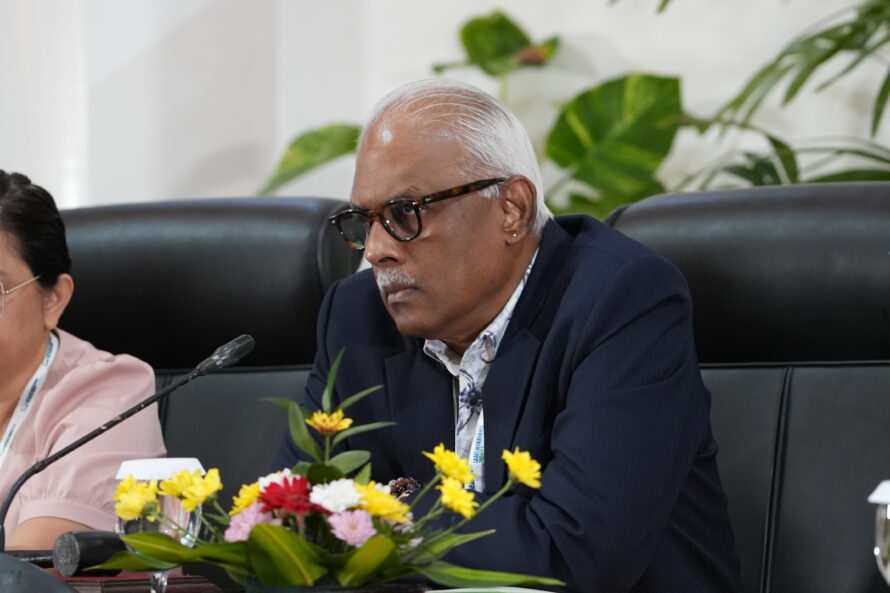
Charles Santiago, APHR Co-Chairperson and former Malaysian MP. ©APHR2024
ASEAN Parliamentarians for Human Rights (APHR) was founded in June 2013 with the objective of promoting democracy and human rights across Southeast Asia. Our founding members include many of the region's most progressive Members of Parliament (MPs), with a proven track record of human rights advocacy work.